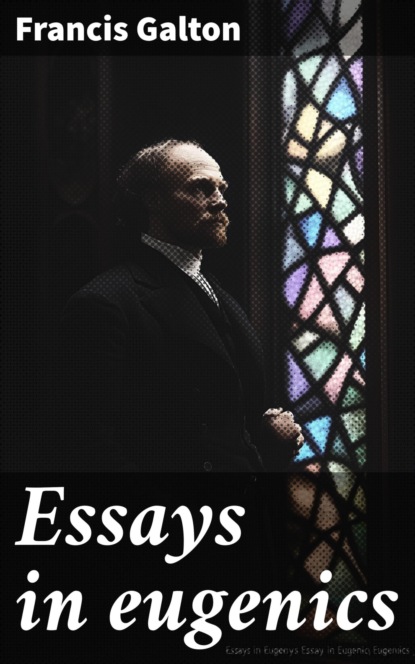Sayfa sayısı 100 sayfa
0+
Kitap hakkında
In «Essays in Eugenics,» Francis Galton presents a provocative exploration of the science and philosophy behind eugenics—a term he coined—arguing for the improvement of human populations through selective breeding and genetic intervention. The collection of essays employs a scientific literary style, combining empirical research with rich anecdotal evidence, aimed at scrutinizing the interplay between heredity, intelligence, and social status within the context of early 20th-century social science. Galton's work is both a product of and a response to the prevailing social Darwinist ideologies, reflecting the Victorian preoccupation with race, intelligence, and societal progress, while invoking discussions that remain contentious today. Francis Galton, a prominent Victorian polymath and a cousin of Charles Darwin, was shaped by his background in statistics and his keen interest in heredity. His diverse contributions to science, including the establishment of fingerprinting and the field of psychometrics, complement his eugenic theories. Galton's personal convictions about societal enhancement were influenced by his observations of familial traits, driving him to advocate for the scientific evaluation of human breeding practices as a means of social improvement. «Essays in Eugenics» is an essential read for scholars and students interested in the intersections of genetics, society, and ethics. Galton's arguments challenge readers to confront uncomfortable truths about human diversity and potential, making it a critical text for understanding the ethical dilemmas posed by eugenics and its lingering influence on contemporary discourse surrounding genetics and social policy.
